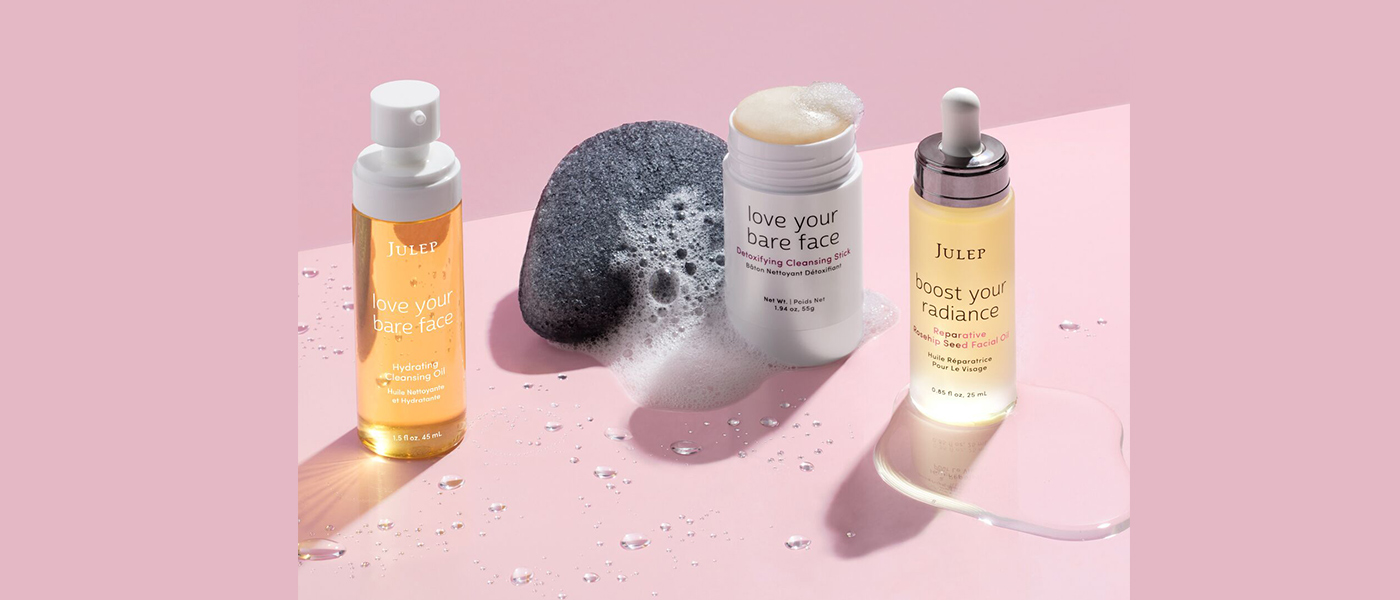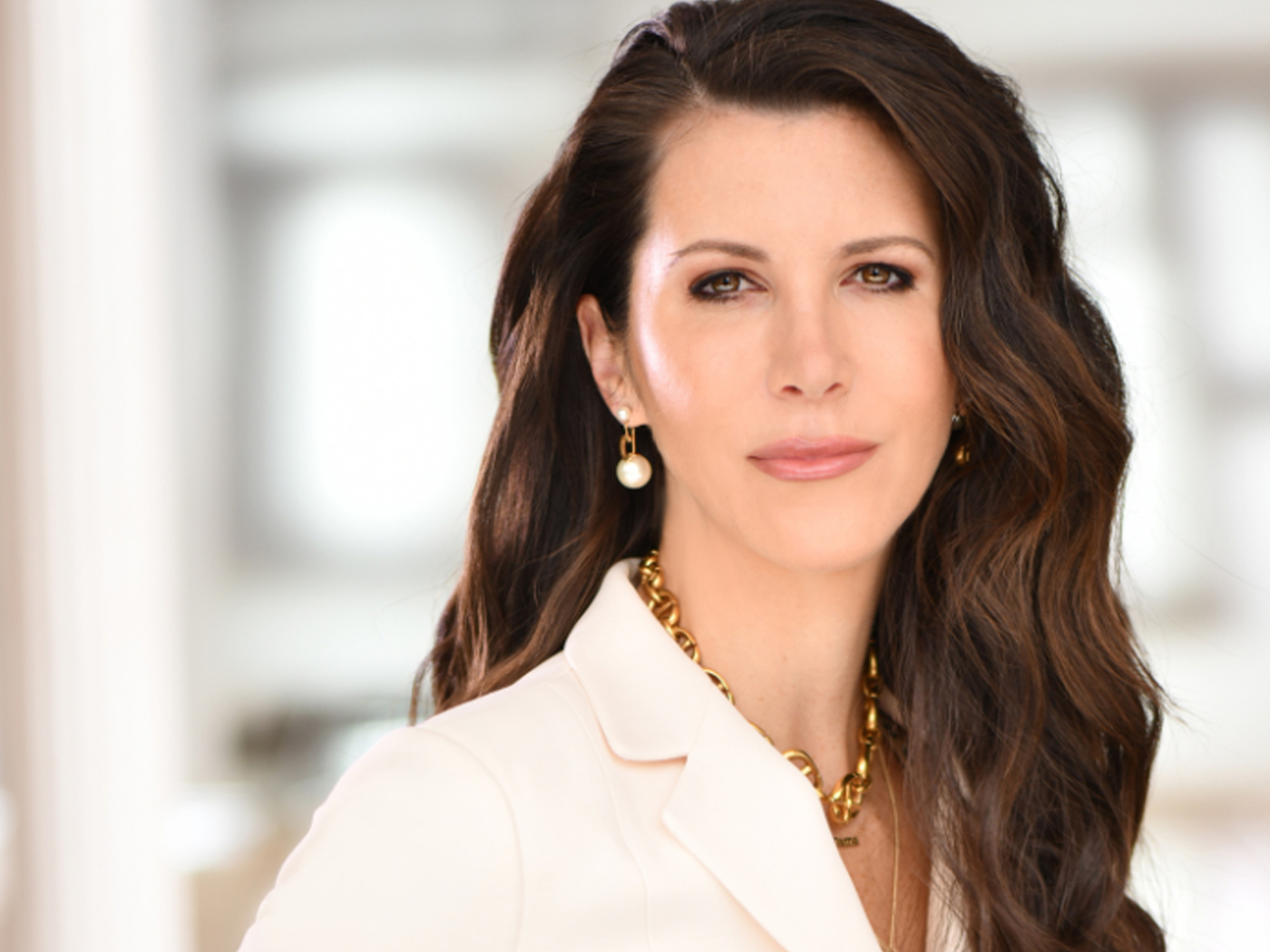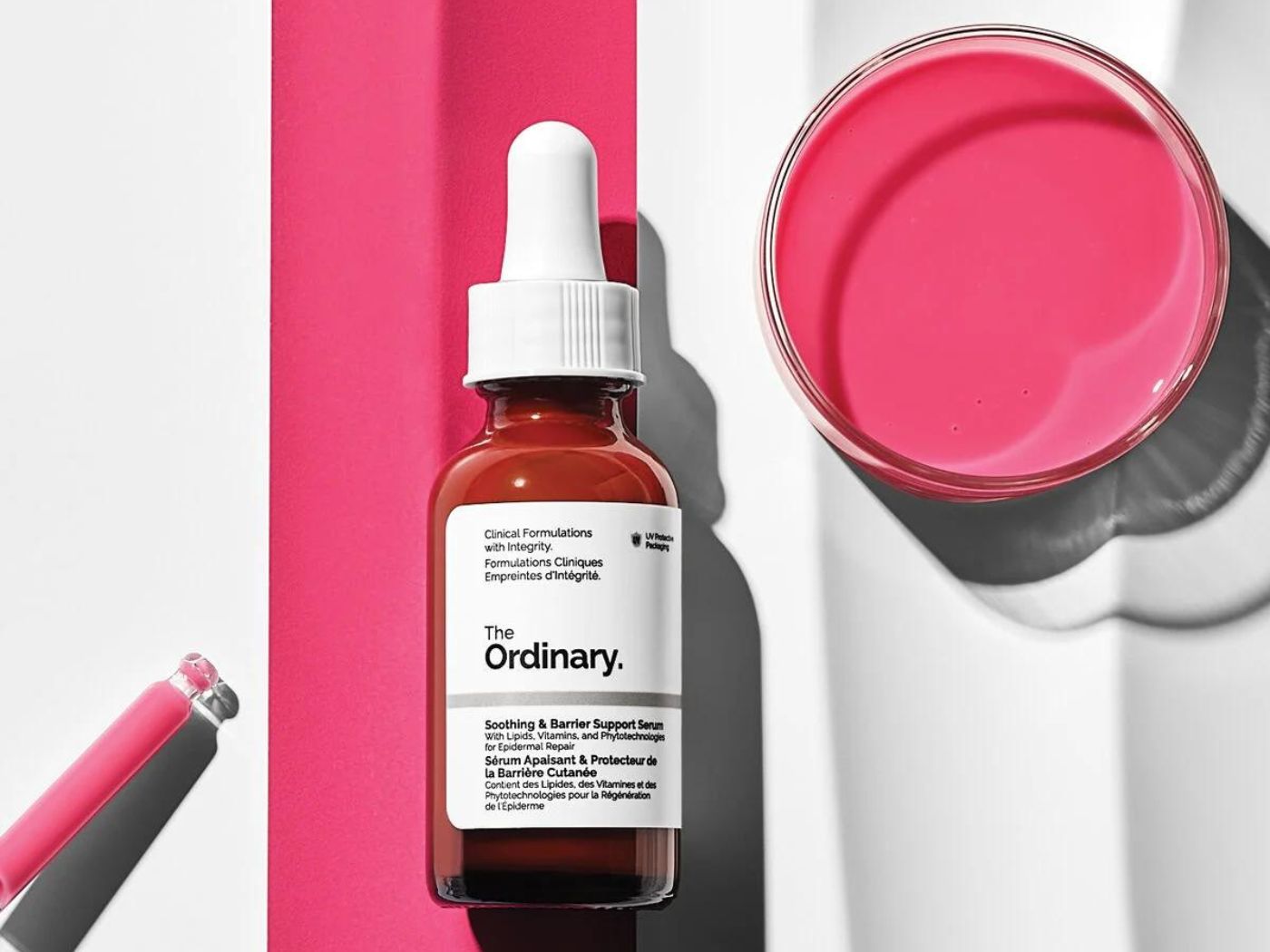It was finally looking like a turning point year for Julep, the beauty brand founded in 2007 by Jane Park.
AS Beauty, which acquired the Julep and Laura Geller Beauty brands in early 2019 from bankrupt Glansaol, had plans to reinvigorate both brands. While Laura Geller herself is still on board to help navigate Laura Geller Beauty, AS Beauty was tasked with courting new customers for Julep without the benefit of its founder, who had nurtured the brand to annual sales exceeding $50 million, and counted music star Jay Z as an investor.
Alan Shamah and his son Joey, the founders of AS Beauty (along with investors), are no strangers to building beauty blockbusters. The group nurtured E.l.f. Beauty into an estimated $150 million-plus brand before they sold their majority stake to TPG Growth in 2014. Under Joey’s direction, Julep was building distribution deals and working on a digitally-charged rebranding. There were also plans to further grow Laura Geller Beauty.
Then COVID-19 hit.
Like many small companies, AS Beauty had to pivot—a term that’s become all too familiar in the age of coronavirus. Rebranding Julep was moved to the back burner, and messaging, distribution and launches took center stage.
Compounding the business game plan was that many new partnerships Julep had forged were set to go into action March 1. But with store closures, new products weren’t needed—the company literally turned boats and planes around at its own expense.
“It is challenging in retail; orders are on hold, but we have other outlets,” said Joey.
Almost as if he had a window into the future, Joey had implemented actions proving fortuitous, including walking away from some retail accounts, reducing employee headcount, aggressively pursuing home shopping, bolstering non-traditional retail channels and reworking vendor relationships.
One of the decisions was to be customer-centric and react to how people want to shop—which isn’t always traditional brick and mortar.
“We had to stop the bleeding of the bankrupt company,” Joey said. “We looked account by account to make sure it was very profitable [for us].” The decision was made for both brands to exit Ulta Beauty. Julep is in a select number of Target stores, but Joey said education is still needed to reach its full potential in mass doors.
Simultaneously, Joey reinvested in QVC where both brands have devotees. “One of our bright spots has been Laura [Geller] appearing on QVC. Her customers love her, the products are great. We treaded lightly at first with QVC because we didn’t really understand. Now we feel there is tremendous opportunity. There aren’t a lot of founder businesses like that left and not ones that talk to GenZ and Baby Boomers,” Joey said, noting there is brand saturation with a plethora of Millennial and GenZ brands. “At QVC, we exceed our goals time and time again.”
AS Beauty also has found a receptive customer for Julep nail care Today’s Special Value [TSV] on QVC.
Another prong of AS Beauty’s survival plan is to boost business with non-traditional beauty retailers, which Joey described as Amazon, subscription boxes and international channels. Those outlets helped AS Beauty work through a backlog of inventory that came with the purchase of Glansaol. Subscription beauty boxes, in particular, have been a great avenue to get product into consumers’ hands. “Then when people see them online, they are more apt to try them,” he said.
Amazon has proved to be more friend than foe. “Our Amazon business was almost nonexistent and has been another outlet along with our dot com, which has been ramping up growth every year, to get a more direct way to sell our product. Our Julep Eyeshadow 101 is a top seller out of all eyeshadows sold on Amazon.”
The company also tweaked its own online store. “We re-platformed to a more cost-effective option,” Joey explained. Not surprisingly, orders have been strong.
The new Julep ecommerce platform, for example, allows the brand to save a lot of money, but requires staff reduction. “The backend was expensive; it was something that had to be done.” A few other changes included eliminating their own beauty box subscription program and disbanding a reward points feature.
Making tough decisions is instrumental in turnarounds and is amplified in a pandemic, Joey said. Overall, AS Beauty has streamlined employee count, even before COVID-19, from about 180 to 35. “We operate efficiently and have a great team.”
Joey adds that a lean management organization has been part of his management philosophy dating back to E.l.f. “I’m sure there are companies that are being impacted harder and stronger with higher overhead. But I’ve always run an efficient, low-overhead structure with a dedicated team that can deliver goods and weather the storm for a few months. If you can operate efficiently when you have money, it is easier when money dries up.”
Over the next few months, Joey hopes the government stimulus package will be a lifeline which can be used to teeter through the short term. Although he isn’t sure what’s ahead long term, he hopes business will just miss a quarter and be on track again by July or August.
He recommends brands work with partners for ways to weather the storm. His company, for example, hammered out new plans with sourcing partners based on volume, opting for more turnkey production that Joey said is less complex than those under Glansaol. “You need to build relationships—retailers are asking for extended terms, we are working with our landlords and partners for a month off. You don’t take advantage, but everyone needs to share the pain,” he said.
The slow-growing beauty market will face consolidation, he predicted. Many private equity-backed, direct-to-consumer companies that added physical stores will have trouble duplicating the wildfire success they experienced over the past few years. He added there will be opportunities to add brands to his AS Beauty portfolio.
“We’re all just firefighters fighting issues from morning to night we never expected in a million years,” he said.




